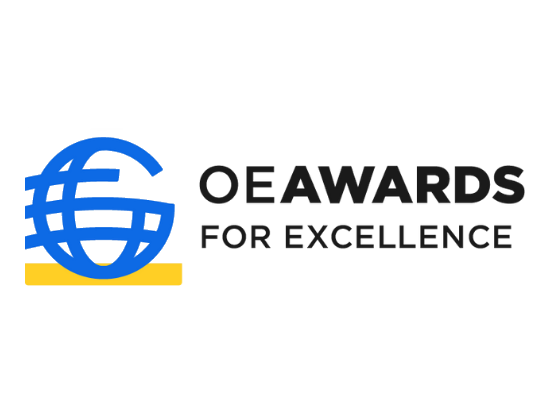
Open educational resources (OER) increase equitable access to education and empower students in the learning process. Open pedagogy – an approach to teaching and learning that draws on OER - places the student at the center of that learning process in a more engaging, authentic, and collaborative learning environment to achieve social justice in the community.
This global award-winning fellowship[1] provides faculty with an opportunity to work with their colleagues and students to impact change via open pedagogy and community engagement.
The conceptual framework on which this fellowship is based is the United Nations Sustainable Development Goals (UN SDGs), which is a set of 17 goals that address a wide range of social issues, such as poverty, inequality, climate change, and peace and justice. The SDGs are designed to achieve and maintain social justice and a sustainable future, with a target of the year 2030 set for the attainment of each goal.
This fellowship is designed to assist faculty with creating renewable assignments [2] (all of which will carry a Creative Commons license) to help students become agents of change in their communities. Each fellowship team will design three renewable assignments, and deploy two of the renewable assignments. Faculty will also have the opportunity to participate in a student showcase, sharing about their assignments and how they improved their communities and achieved global justice through the UN SDG framework
The United Nations Sustainable Development Goals Open Pedagogy Faculty Fellowship, founded by Montgomery College (MC) in Montgomery County, has grown to include 15 institutions across North America and Asia.
The Maricopa Community Colleges has been involved with the fellowship since 2020.
Footnotes
If you have questions, please contact the Open Maricopa leadership team at openmaricopa@domail.maricopa.edu
Notes:
[1] The fellowship was awarded the Open Pedagogy Award for Excellence by Open Education Global (OE Global) in November 2020.
[2] Renewable assignments (also known as non-disposable assignments) are those that add value to a student's world, live outside of the boundaries and beyond the duration of the course, and are likely to have a lasting impact. Disposable assignments, on the other hand, are those that only the instructor and students will see and which students are likely to throw away once they have been graded (Seraphin et al., 2019; Wiley, 2013).